Biodegradable, compostable, and EcoCompatible materials: the truly green option for your industry
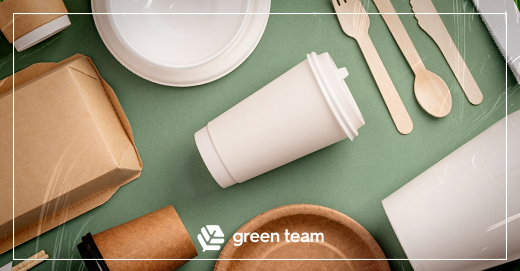
![]()
Industries are evolving. Faced with the need for collective efforts to curb pollution, more and more companies are reconsidering their processes and opting for more sustainable materials in their production…
Let’s stop Greenwashing. At Green Team®, we present you with biodegradable materials that don’t pollute
![]()
Do you know the term Greenwashing and how this trend is harmful to the environment? Here, we’ll share 4 truths about Greenwashing and why it’s essential to stop it and implement real non-polluting solutions, such as using biodegradable materials…

We present to you 10 biodegradable products that help mitigate climate change
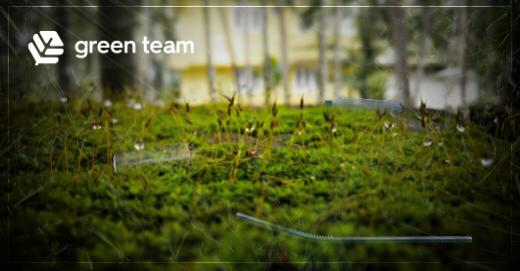
![]()
Did you know that humans have been responsible for pollution on the planet for over 200 years? That’s why, in this article, we present 10 biodegradable products with which, from your home, industry, or business, you can contribute to improving the world we live in…
From recycling to pollution-free solutions. Recyclable materials vs. EcoCompatible biodegradable materials
![]()
Nowadays, it’s trendy to join the production of recyclable materials. Industries are creating everything from trash bags to environmentally friendly toothbrushes. It seems that just slapping the recycling symbol on final products makes them a real solution to the serious problem of pollution caused by traditional plastics, but it’s not that simple…
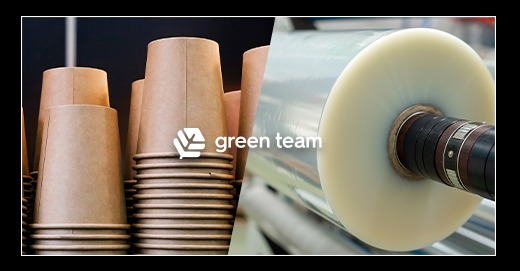
Policanoico®, your solution for the production of biodegradable disposables
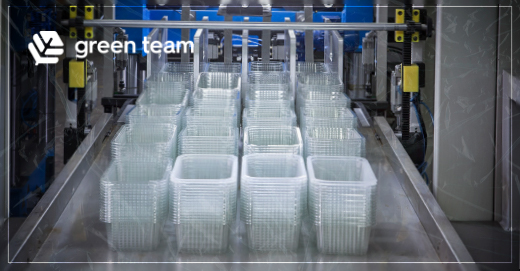
![]()
For several years, both citizens and governments have been aware of the serious problems caused by plastic pollution on our planet. Proposals have been made for society to replace some of the products we acquire with biodegradable disposables. The goal is simple: improve our environment by consuming products that do not pollute…
Be amazed by these 6 benefits of our biodegradable detergent
![]()
Choosing the right laundry product can be tricky when you’re looking for an eco-friendly option. That’s why we want to introduce you to our laundry detergent sheets—an ideal choice for deep cleaning, garment care, and planet-friendly living…
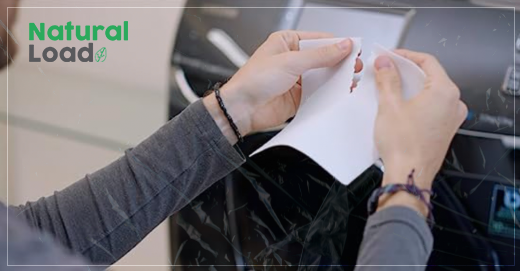
What is Biovitalio®? The Only Material That Is 100% Recyclable, Biodegradable, and Garden Compostable
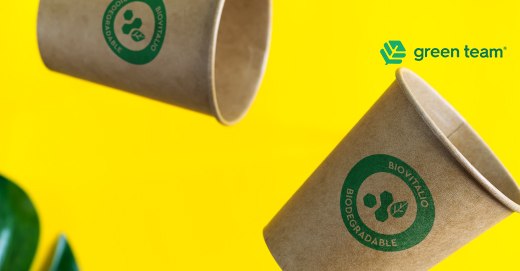
![]()
Biovitalio® is the first and only material that has it all to make disposables that DON’T pollute, meaning it absolutely fulfills all the premises that the circular economy seeks because: It’s 100% recyclable…
4 Reasons to Switch to Biovitalio® Biodegradable Disposables
![]()
Each one of us can consume up to 70,000 plastic disposables per year in food and beverages, according to the Environmental Secretariat (SEDEMA). These plastics will remain in the earth for at least 200 years because they are not biodegradable, and most of them are not recycled either…
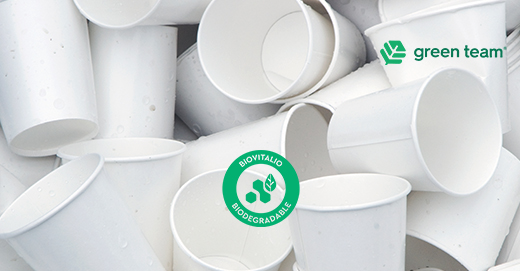
The First and Only Plastic-Free, Biodegradable, and 100% Recyclable Cup
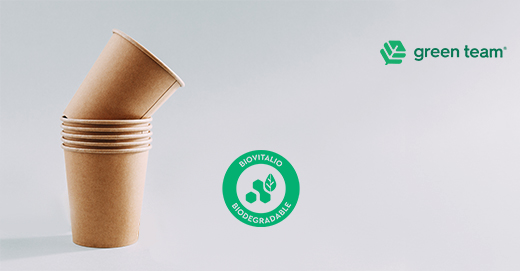
![]()
In the United Kingdom, 8 out of 10 people believe that paper cups are recyclable. This misconception is not much different elsewhere on the planet, as most people believe that the paper cup they use for their coffee is or will be recycled simply because it’s made of paper…
The Best Substitute for Plastic Packaging: Biodegradable and Compostable Shrink Film
![]()
73% of the waste found on beaches consists of plastic packaging, bags, and bottles, persisting for hundreds or thousands of years and emitting greenhouse gases, according to a study by the University of Hawaii…
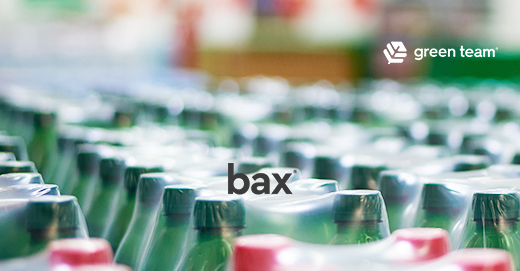
Is there a biodegradable and compostable bag in Mexico?
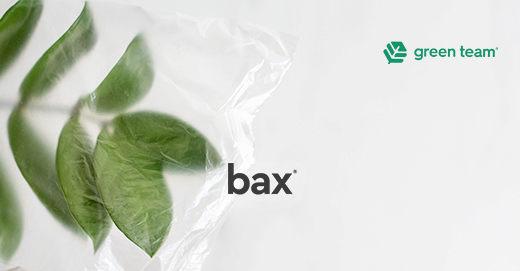
![]()
Scientists at the University of Plymouth have found ‘compostable and biodegradable’ bags intact after 3 years in the sea and soil, raising questions about whether these plastics are truly a solution to the problem of conventional plastic pollution…
What is Plastic-Free July, and What is the Best Plastic Substitute?
![]()
Around the world, five trillion plastic bags are consumed each year. If you were to place them end to end, they would circle the Earth seven times every hour and cover the territory of France twice in the same time (according to the Worldwatch Institute)…
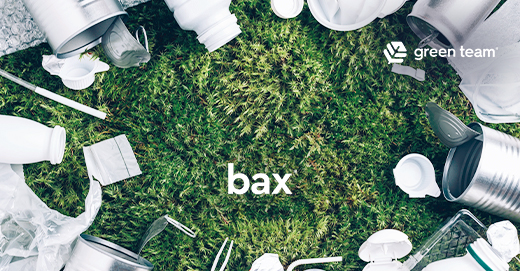
bax® Bags
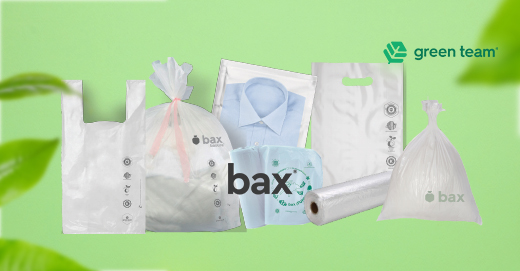
![]()
bax® Bags are Revolutionizing the World, as they are the First and Only Bags that NEVER Contaminate, taking the concept of eco-friendly bags to a whole new level…
What are Compostable Bags and How to Compost bax® Bags at Home?
![]()
A compostable bag is one that disintegrates by 90% after twelve weeks in a high carbon dioxide (CO2) environment. It must also biodegrade by 90% into particles smaller than 2 millimeters within six months, without leaving toxic residues or heavy metals, according to the European Standard EN-13432…
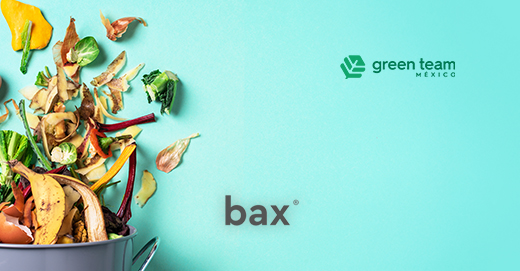
Water and the Production of Bags
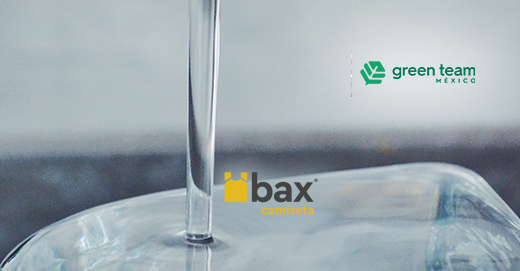
![]()
Every second, 160,000 plastic bags are used worldwide. If we were to line them up one after the other, they would circle the Earth 7 times EVERY second, covering an area twice the size of France…
Ecological Bags?
![]()
We’ve all seen photographs of turtles and other marine animals suffering the consequences of plastic bags in the oceans and rivers. According to National Geographic, 100,000 species die each year due to plastic bags…
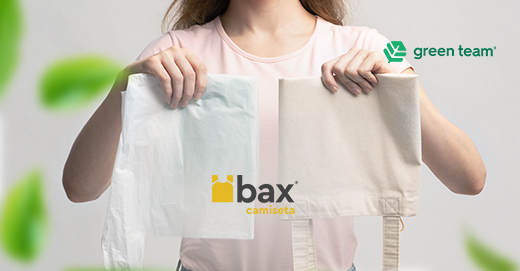
What Would Happen If Immediate Change Isn't Made in Plastic Use by Companies, Societies, and Governments Worldwide?
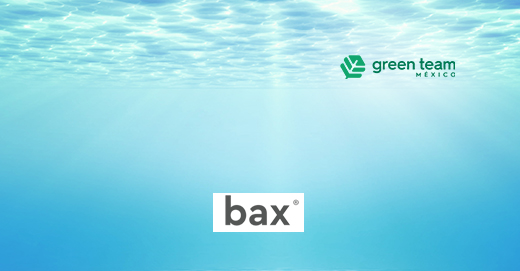
![]()
Without immediate change by companies, societies, and governments worldwide, the amount of plastic entering the oceans will triple by 2040. This equates to 50 kg of plastic per meter of coastline worldwide, according to the study ‘Breaking the Plastic Wave’ by Pew Charitable Trusts and SYSTEMIC…
What Are the Effects of Microplastics on Health?
![]()
There are 14 million tons of microplastics in the world’s oceans alone, according to scientists from the CSIRO (Commonwealth Scientific and Industrial Research Organisation) of Australia. These microplastics can also be found in rivers, soil, and even in the rain in some cities, ultimately reaching our food and the air we breathe…
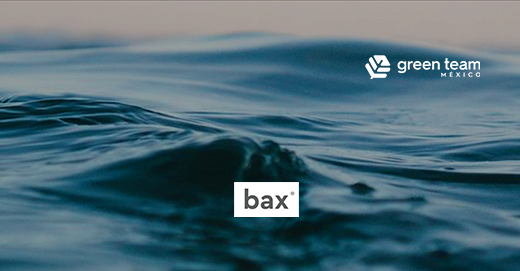
bax® Shrink Film: The First and Only Packaging 4x Stronger and Water-Soluble
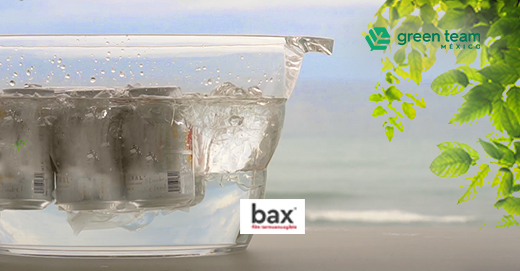
![]()
77% of consumers consider sustainability and environmental responsibility when choosing a product, according to the IBM Institute For Business Value and the National Retail Sales Association, which surveyed consumers from 28 countries, including Mexico…
What Happens If bax® Shrink Film Ends Up in a Landfill?
![]()
In the City of Mexico alone, 13,000 tons of garbage are generated daily, of which 8,600 tons are sent to landfills, according to SEDEMA (Secretariat of the Environment). That’s why the choice of biodegradable materials that can disintegrate in a landfill is of utmost importance…
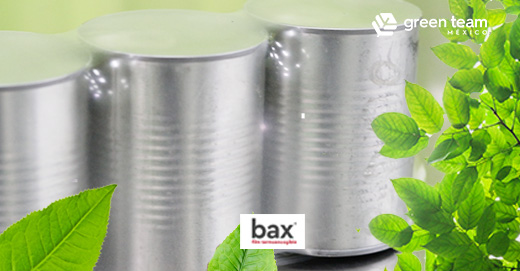
bax® PUPO: The First and Only 100% Biodegradable Pet Bag
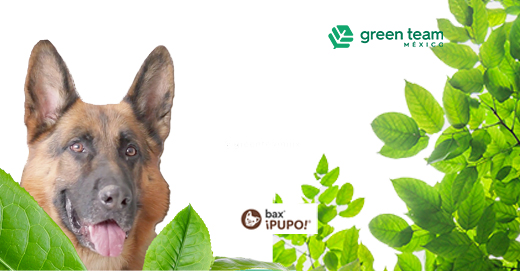
![]()
In Mexico, dogs make up 80% of household pets (INEGI 2020). Due to this, millions of bags are discarded to contain their waste, affecting the air and water quality in our country. That’s why the use of biodegradable bags is the solution, but which bag on the market truly is?…
Why is bax® PUPO the First and Only Pet Bag that Never Pollutes?
![]()
According to the census conducted by INEGI in 2020, 57 out of every 100 Mexican households have a pet, of which around 19 million are dogs. Millions of bags are discarded daily, taking at least 500 years to degrade, causing fatal damage to the environment..
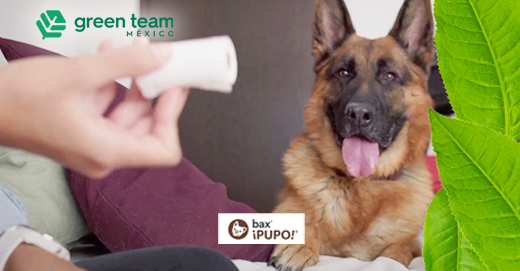
Four States in Mexico Have Banned Plastic Packaging, and the Solution: bax® Shrink Film
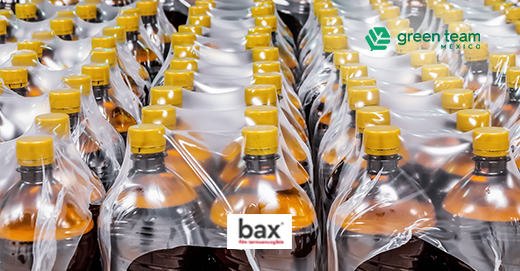
![]()
Packaging accounted for 48% of total plastic production in the country in 2018, according to the Mexican Association of Packaging (AMEE). However, less than 3% of plastics produced in Mexico are recycled, according to SEMARNAT (the Secretariat of Environment and Natural Resources)…
The First and Only 100% Eco-Friendly Shrink Film in Mexico
![]()
Introducing bax® shrink film, the only biodegradable, compostable, water-soluble film that’s 4 times stronger than its conventional plastic counterpart. It’s now available in Mexico in the form of rolls that are fully compatible with conventional heat tunnels – machines used for shrink wrapping….
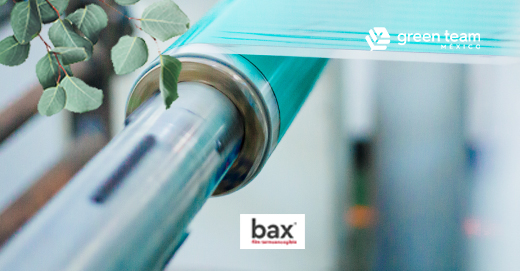
The First Biodegradable Shrink Film in Mexico, Biodegrading as Fast as an Orange Peel
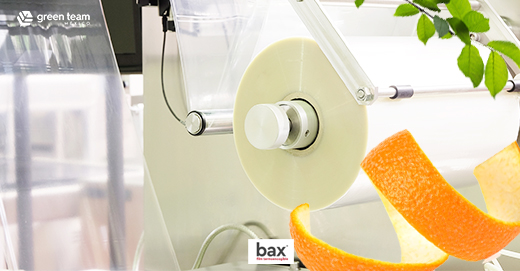
![]()
Mexico is the sixth-largest waste producer in the world. According to SEMARNAT (Secretariat of Environment and Natural Resources), less than 2% of plastic is recycled in Mexico…
Plastic Bags: Human Paradox, Good or Bad?
![]()
But how did they come about? Who invented this harmful item that is now in our oceans? Just as many questions about why and how it originated will arise…
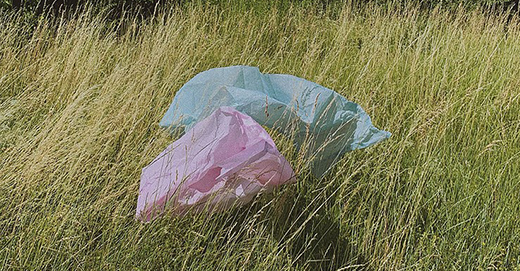
What is Polivitalio®?
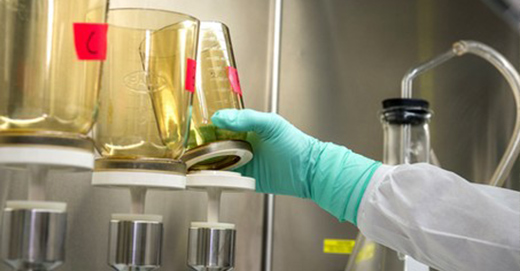
![]()
In the mid-twentieth century, a synthetic polymer called polyvinyl alcohol was developed, which was used for many years in medical, industrial, automotive, packaging, and food products…
They ban plastic bags and promote reusable and compostable ones
![]()
Mexico City (CDMX) and nearly all states in the country have prohibited the use of plastic bags starting in 2020. According to the United Nations (UN), pollution from plastic waste is everywhere and is making its way up the food chain to our tables…

